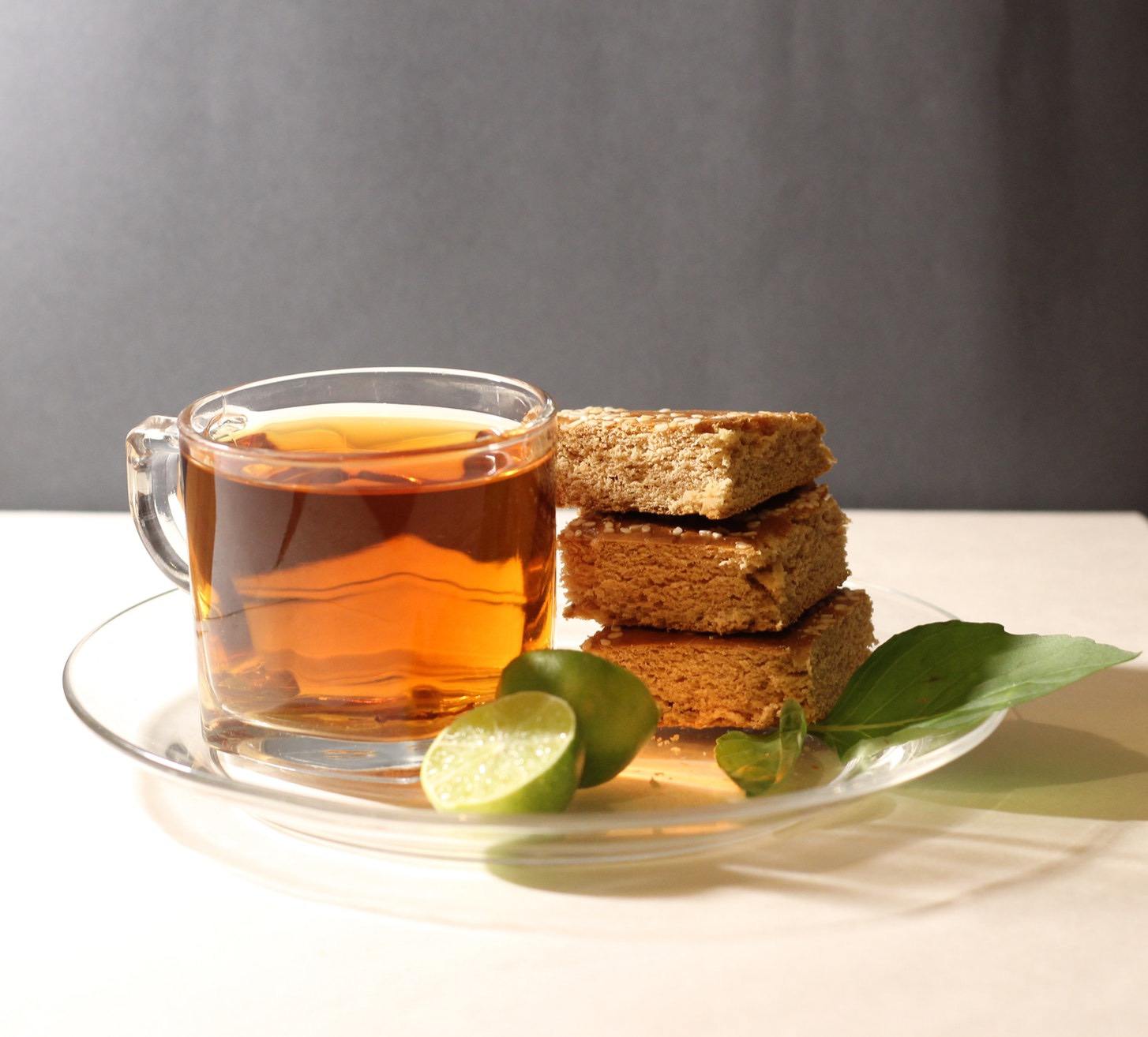Last Updated on June 29, 2022 by Rebecca Huff
As a new mom, it’s only natural you’ll feel tired for weeks after giving birth – perhaps even months.
After all, your body just went through an enormous hormonal shift and physical strain, both that of the pregnancy and childbirth. And it doesn’t really get easier for anyone! First-time moms have the overwhelming challenge of settling into this new role while they’re still recovering, while those who have children already may not lack in experience but they do have additional responsibilities.
Although we’d really love it if the process of recuperation would speed up a bit, the body needs its time. There is no magical remedy, but there are ways you can make it easier on yourself and give your body what it needs to heal. Here are the 6 natural solutions for fighting postpartum fatigue and recuperating physically as well as mentally.
1 Choose complex carbs

Your diet is a key factor in fighting postpartum fatigue. The more diverse and fresh your daily meals are, the better.
With the right fuel, your body will have lasting energy and a good source of essential nutrients. As opposed to simple carbs, complex carbs and protein are “slow-burning foods” – they break down slowly in your body, thus keeping blood sugar levels under control and giving you consistent, long-lasting energy. Here are some great sources of complex carbs to energize you throughout the day:
- Whole grains
- Brown rice
- Pumpkin
- Sweet potatoes
- Yams
- Oats
- Beans
- Peas
- Carrots, etc.
It’s best to have these foods in combination with a healthy source of protein and fat. Don’t skip any meals and try to have smaller meals more often rather than three big ones.
2 Avoid candy and minimize coffee
When you’re super tired all the time, an extra cup of coffee or an energy bar seems like the thing to lift you up, but they’re only a short fix that spikes up your blood sugar level. Soon, they send you crashing and make the fatigue worse. I know, it can be tough to say no to these, but once you get used to it, you’ll notice how you’re feeling a lot fresher and a lot less jittery.

Avoid drinking coffee after noon, so it doesn’t affect the quality of your sleep at night and try replacing it with green tea. Green tea also has caffeine, but it provides a less jittery boost because it’s high in L-theanine, which helps you maintain your stress levels.
3 Supplement if necessary
Pregnancy usually leaves mothers with nutrient deficiencies after childbirth. These deficiencies don’t only leave you feeling tired but impact your mood and mental function as well. Check with your doctor what you may be lacking in and strive to make up for them with a diverse and healthy diet. But if you’re severely deficient or cannot obtain enough nutrients through your diet, you may need to supplement.
Your supplementation needs to be closely monitored by your physician. In most cases, doctors recommend a multivitamin or a continuation of prenatal supplements, but there are also supplements specially formulated to battle stress and fatigue. In consultation with your doctor, make sure you get your supplements only from a reliable source that makes clean products based on natural ingredients.
4 Drink plenty of fluids
The first few weeks after giving birth, postpartum sweating will have you losing even more fluids. Once that finally ceases, you’ll still need plenty of water to keep your system running smoothly and stay energized while breastfeeding. Never get to the point that you feel thirst because by that time you’re already experiencing dehydration, which is a major trigger for exhaustion. Sip on your water throughout the day and aim for about two liters daily.
5 Get some fresh air and move
 You don’t want to overdo it, but getting some exercise, within your limits, will get your blood pumping, lift your mood, and help you sleep better. Walking or postnatal yoga are excellent choices for getting some exercise to relieve fatigue and if you can do these things in a nearby park, even better! Fresh air will help both you and your baby sleep better and feel better overall.
You don’t want to overdo it, but getting some exercise, within your limits, will get your blood pumping, lift your mood, and help you sleep better. Walking or postnatal yoga are excellent choices for getting some exercise to relieve fatigue and if you can do these things in a nearby park, even better! Fresh air will help both you and your baby sleep better and feel better overall.

6 Get Help
Last of all, and the most important: get help. Conserving your energy, healing your body, and bonding with your baby are your top priority for the postpartum months. Everything else can wait, and your partner, your family, and friends can take care of it – or perhaps you can rely on the help of a postpartum doula. Because in the end, it really does take a village and new moms need to lift the stress off their back in these fragile months. Create a relaxing corner for yourself, dedicate daily me-time, and embrace naps – take notes from your baby!
Caitlin is a bookworm and a medical student. She is especially interested in health, nutrition, and wellness related topics. When she is not trying to find the meaning of life and Universe, Caitlin is researching and writing for various awesome blogs since she loves sharing her knowledge. She is happily addicted to art in all its forms, grilled tofu, and hiking. To see what Caitlin is up to next, feel free to check out her Twitter dashboard.


 Persimmon Fruit Harvest Salad Recipe
Persimmon Fruit Harvest Salad Recipe
Leave a Reply
You must be logged in to post a comment.